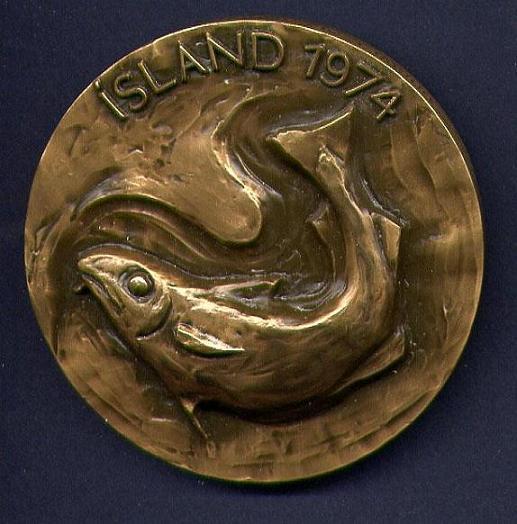No Submarines, but Adventurers, Mandatory Silence and "The Sea-Wolf", Nevertheless
In prior decades journalists would have been able to inform the public when the subject had been diagnosed with a medical ailment that might lead to tragic (suicidal) depression. News quotations in those days were usually obtained from family members or even M.D.'s. Those days are history.
The compliance date for HIPAA's Privacy Rule, Medical Privacy - National Standards to Protect the Privacy of Personal Health, was April 14, 2003.
Question: Did HIPAA make it easier for police and law enforcement agencies to get my medical information?
Answer: No. The Rule does not expand current law enforcement access to individually identifiable health information. In fact, it limits access to a greater degree than currently exists, since the Rule establishes new procedures and safeguards that restrict the circumstances under which a covered entity may give such information to law enforcement officers. For example, the Rule limits the type of information that covered entities may disclose to law enforcement, absent a warrant or other prior process, when law enforcement is seeking to identify or locate a suspect. It specifically prohibits disclosure of DNA information for this purpose, absent some other legal requirements such as a warrant. [emphasis added]
Why might a suicide's spouse not wish to reveal such information, in any case? Several reasons come to mind. Foremost would be the natural desire to keep personal communications private. An additional consideration, of course, could be that revelation would invite further questions (e.g. had there been a suicide note; where is it, and what does it say; had a large life insurance policy on the subjects life been purchased recently, and by whom?).
Of 651 celebrities and famous people who may have committed suicide, 5 (0.8%) were explorers or adventurers, including Meriwether Lewis , who was related to President Washington, and George Washington Vanderbilt, III, who was not. Several authors, including Jack London, who gave us The Sea-Wolf , committed suicide (he had been in extreme pain for which he was taking morphine).
The foregoing is background information only. We must avoid temptations to apply it to particular missing person cases. Sometimes, comparisons of (recent with earlier) photographs reveals profound deterioration of health visible in the eyes alone. Just a thought for those who might be curious, who may see what I mean.
Labels: suicide eyes HIPAA


0 Comments:
Post a Comment
<< Home